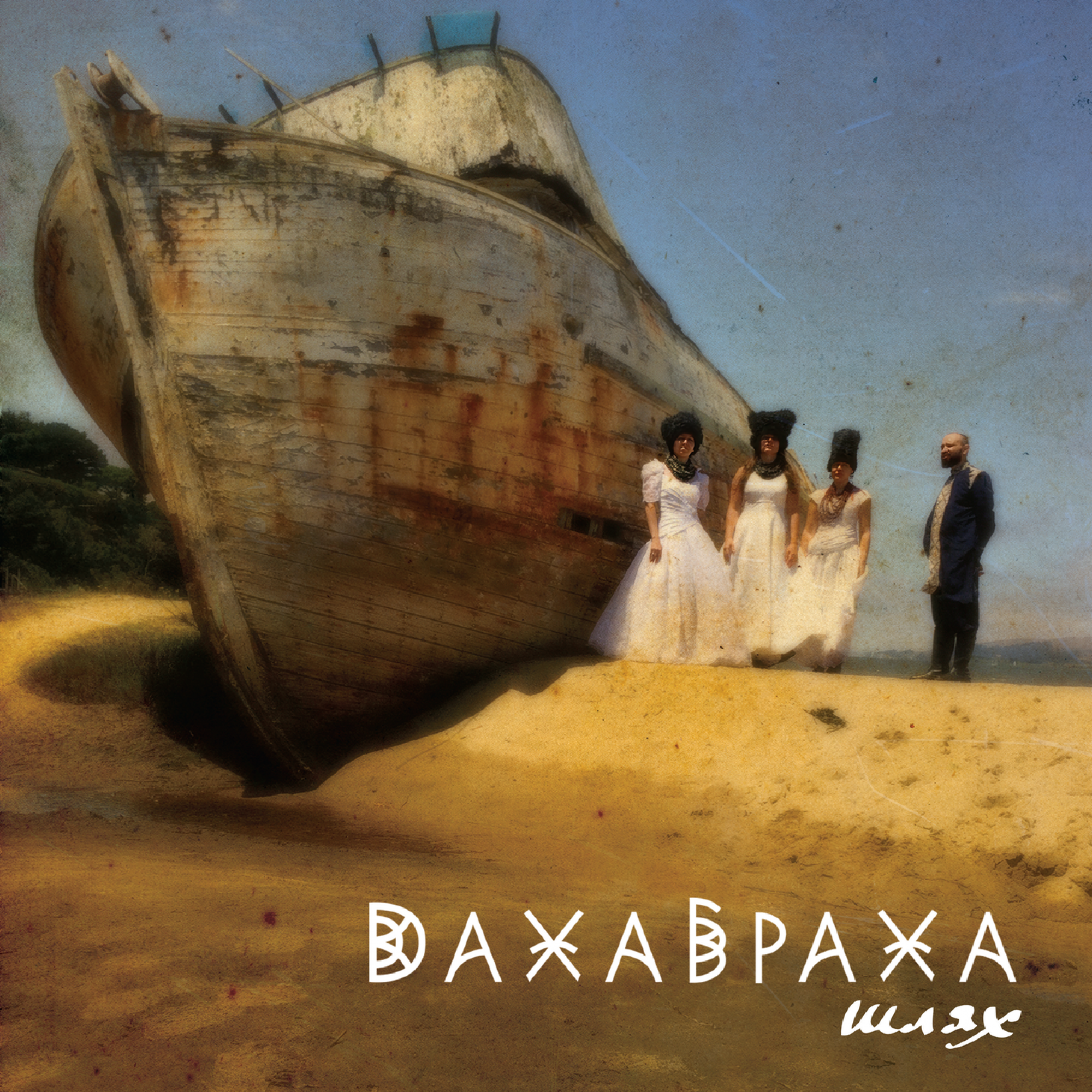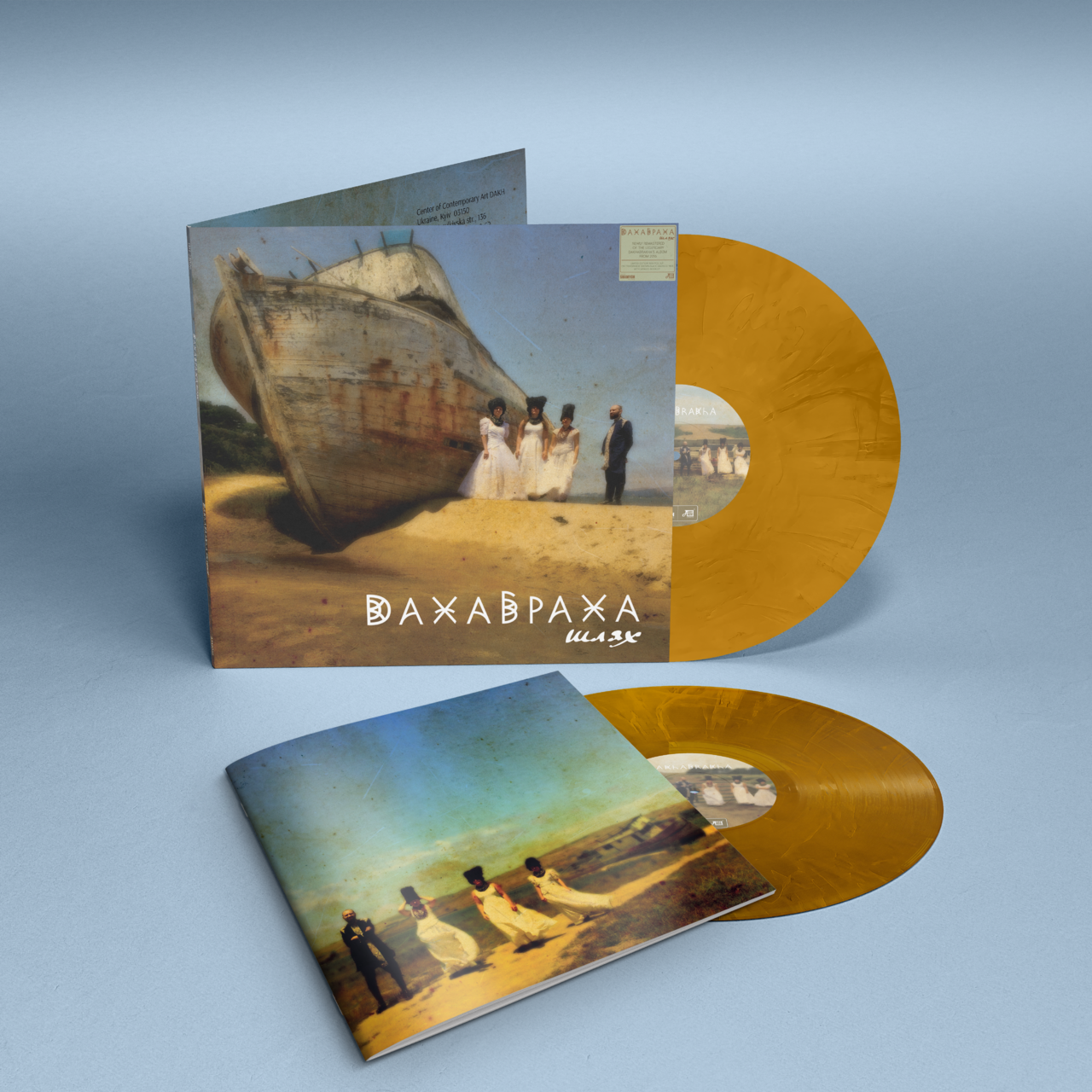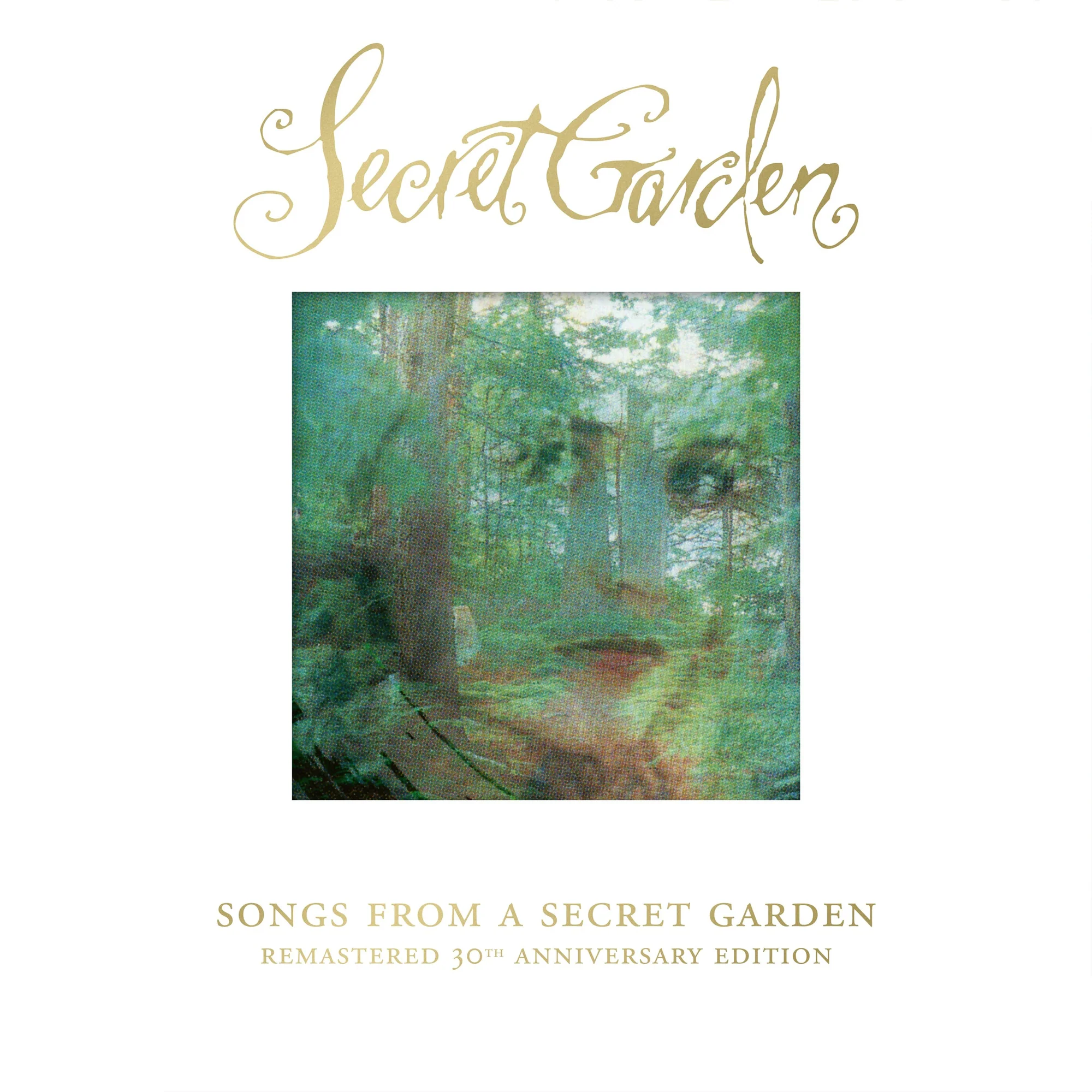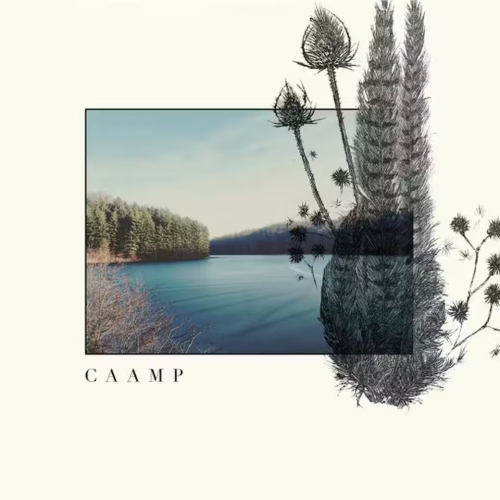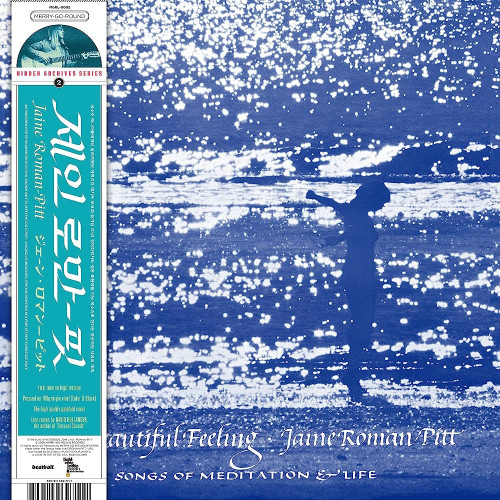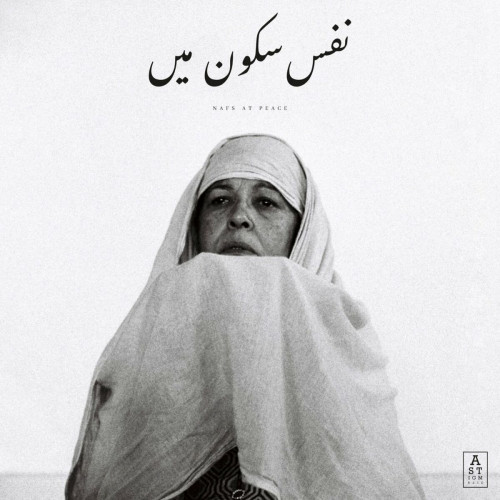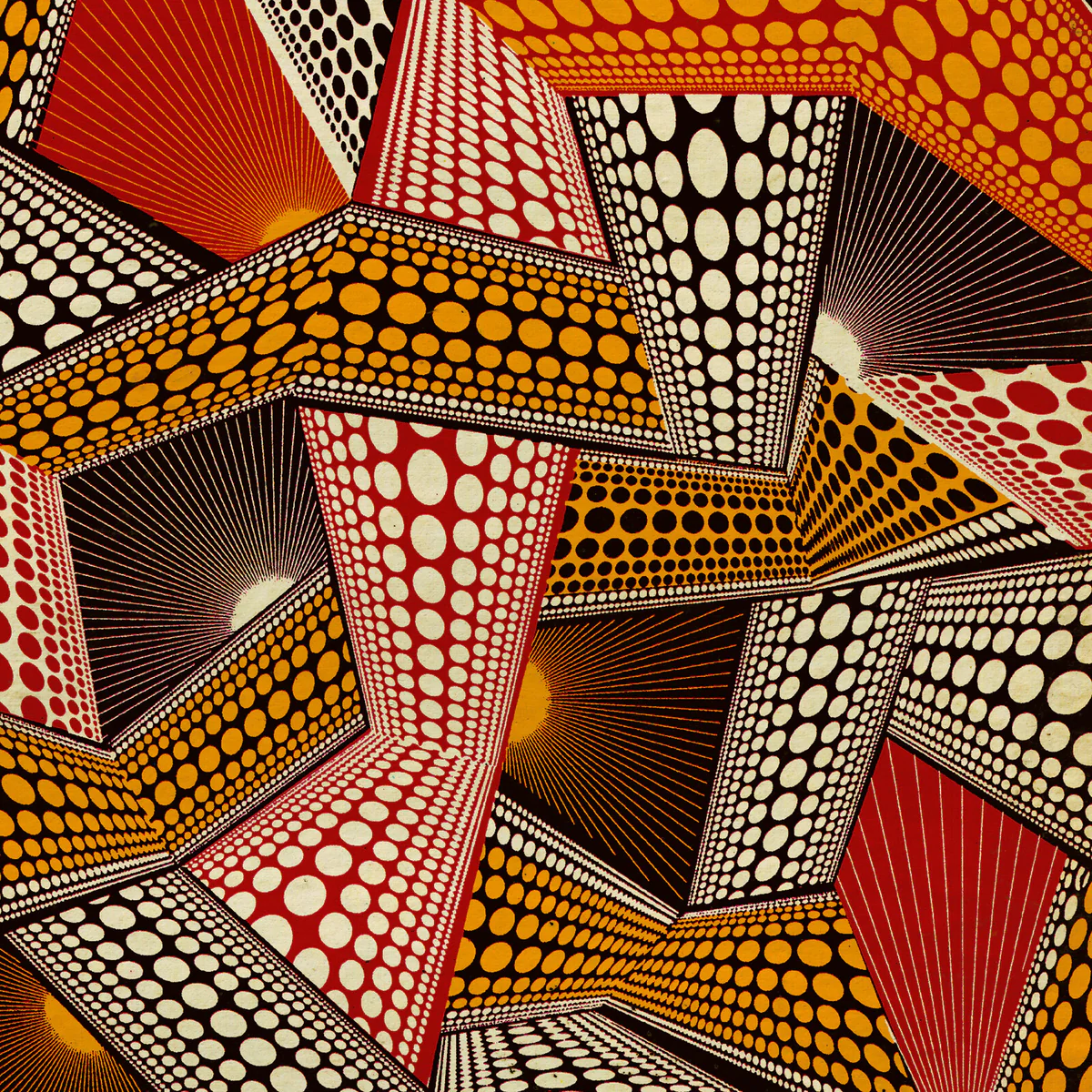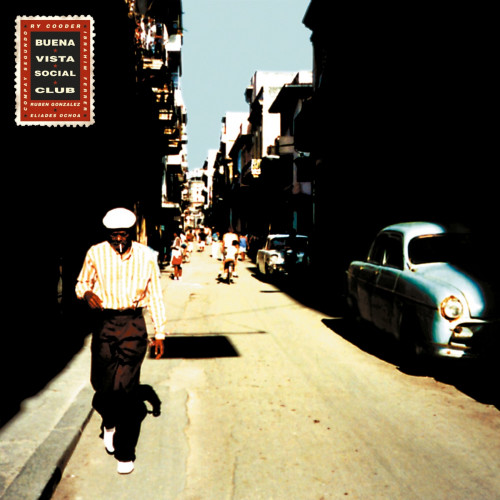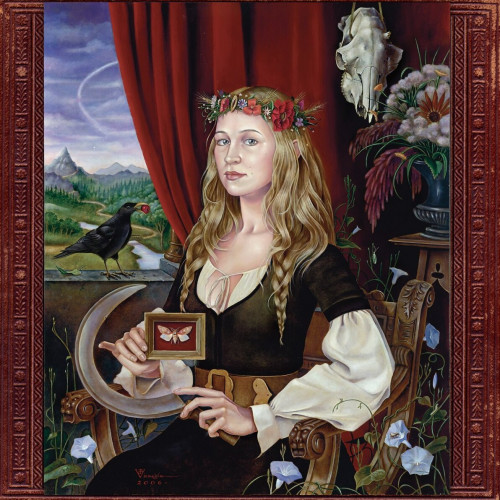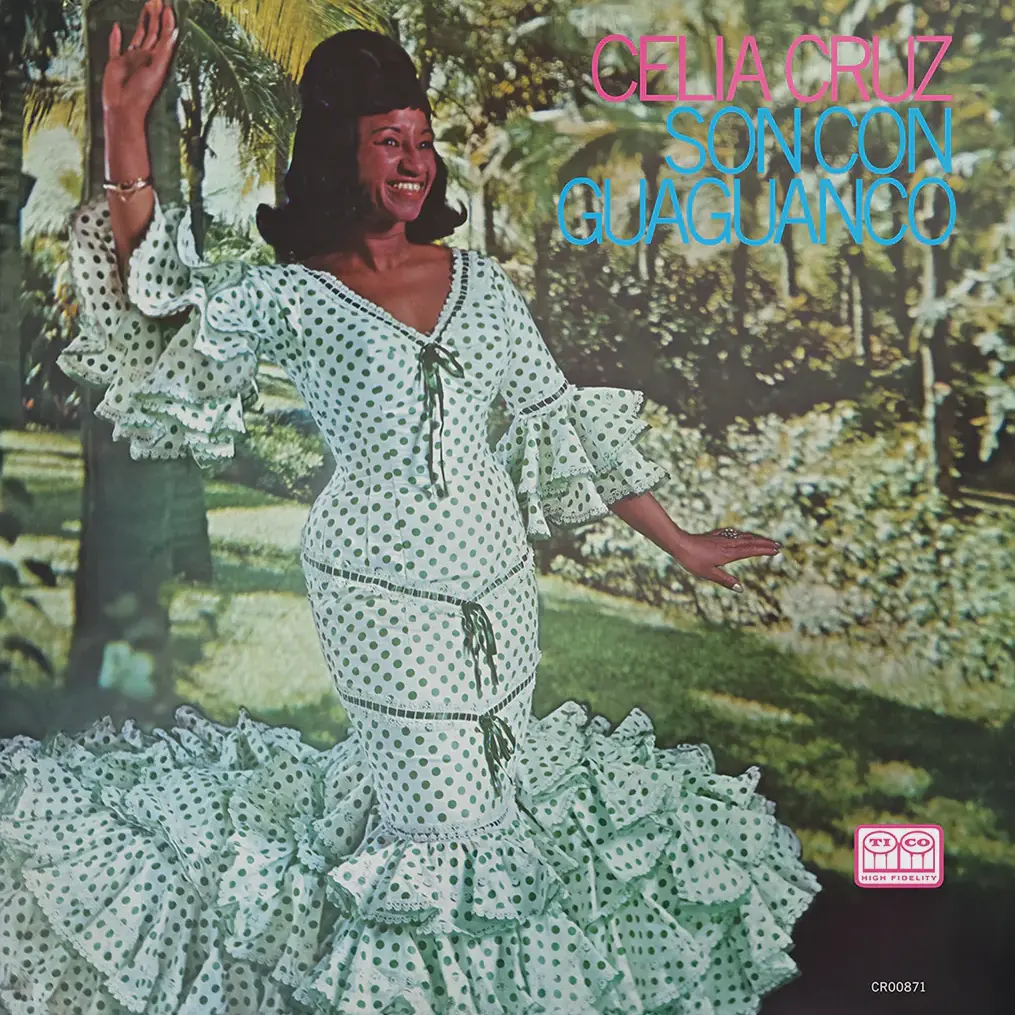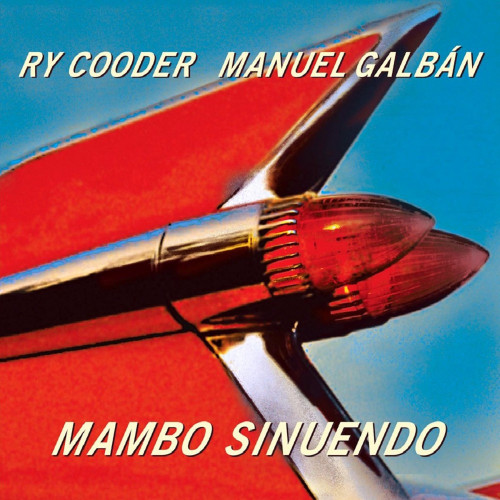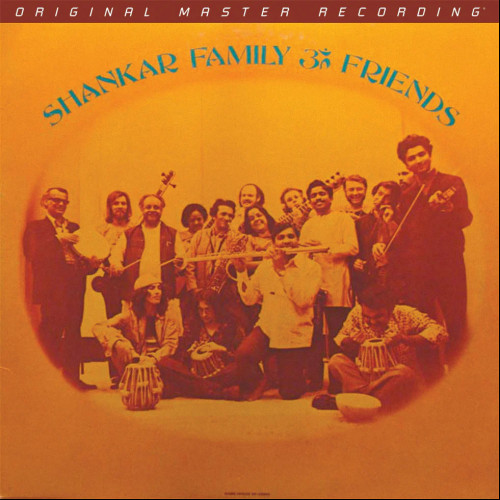‘This is the first album by DakhiBrakha where the sound is so humbly lowered (faded) for the sake of elevating (raising) the text. The mosaic sound of ‘The Way’ is reduced in order to emphasise once again that a folk song is the experience of the people, the experience of the living Tradition, and not a fashionable toy ethnography - this illusory attempt to escape from one's own past, the history that cannot be read without bromine. This is a milestone attempt (the path as a result) to get out of that loopy moment where poor Ukraine is so damaged.
‘The Way’ further drives the album's sound into a conscious anonymity before the elevation of folk songs, this collective experience where authorship is more of a sin than a virtue. In this dissolution in nature and people, a logical step in DB's immediate future could be a project based on the poetry of Volodymyr Svidzinsky.
DB brings together two collective voices: our song and their sound. This is, of course, more a search for common roots than simple imitation. As, for example, ‘Oi shid chumak’ resonates with the track ‘La Ahada Yalam’ by Robert Wyatt from the album ‘Cuckooland’ (2003).
‘Black Cloud’ is a little further away from entering the cherished territory of alt-country a la Woven Hand or its somewhat theatrical version, Viarosa, where everything revolves around the desert-steppe-loneliness-unconsummated death. The unrealised potential of Ukraine, and this is the main theme of the album, requires talents capable of adequately realising all its pains, joys and fears, because the themes here are just lying in handfuls underfoot and waiting for the right moment (isn't this, for example, the result that all bandura players in Ukraine should strive for?)
That is why ‘The Way’ is not as hopeless as the album ‘On the Verge’ (2009) and the apocalyptic ecstasy of post-rock, a la Godspeed You! Black Emperor's ‘Lift Your Skinny Fists Like Antennas to Heaven’, on ‘Svyryd’, is somewhat different from the album ‘Khmeleva project’ (2012). The apocalyptic here is the discovery hidden from the outside (and inattentive) eye, the final (stage) naming of things by their proper names.
A folk song is a crystallised experience of specific life situations and a way of experiencing them, of overcoming them, of reconciling them, rather than an eternal rant that cannot (due to lack of talent) channel all that ‘love-sorrow, a young dream’ in the right way. Sharovarshchyna (as well as the new Sharovarshchyna) is a sign of infantile culture, and DakhiBrakha's ‘Way’ is more a sign of adult culture, a forty-day habituation to the new world and a gradual farewell to the old.’
- Oleksandr Kovalchuk - varianty.lviv.ua
